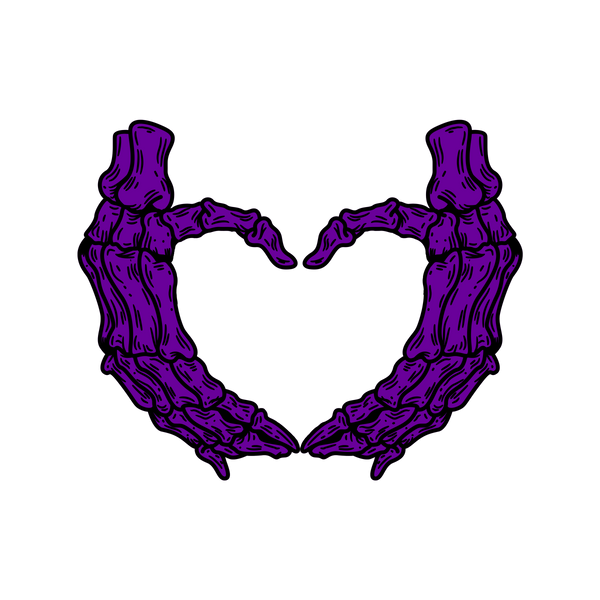
The Shrouds (2025) Overlook Film Festival Review
Share
How dark do you want to go?
This is the question that David Cronenberg asks in his latest sci-fi, body horror film, The Shrouds. Going into this film, we are told this is a personal one for writer-director Cronenberg, as it is about his dealings with loss and grief after losing his wife of 43 years. But walking away, I am left with a dozen questions about what I just experienced.
The film stars Vincent Kassel as Karsh, a businessman who has come up with a one-of-a-kind technology-- with the help of the Chinese-- that allows users to become voyeurs of death. Using an app or on a screen at the cemetery, family members can view the decaying body of their loved ones over time. Cronenberg's script emphasizes how attached Karsh is to his wife, more importantly, to her body. When his cemetery is vandalized, Karsh goes on a journey to uncover what really happened to his wife.

After explaining exactly how the shrouds work, the film veers off the rails, leaving us with a muddled concoction of conspiracy theories, body horror, and hallucinations gone rogue. We see Karsh use an AI assistant (who looks a lot like his wife), driving a self-driving Tesla, and model his home after Japanese culture, koi fish and all. Karsh experiences seemingly random dreams throughout the film, showing viewers how cancer ate away at his wife's body over time. Cronenburg serves up some gory visuals and sounds, but those details get lost in the sheer confusion of this film's purpose. Diane Kruger, who plays two roles in the film, Karsh's late wife and her sister, whom Karsh shares a drawn-out intimate moment because her body is so much like his wife's. Oh wait, there's more. He's also dating, maybe not dating, the wife of a dying client who wants to invest in another one of his cemeteries. Oh, and there are Russians. There's so much Cronenberg has to say about the world, about death, about cancer that he crammed it all into this two-hour manifesto.
The Shrouds starts as a story about a man searching for answers and understanding after the loss of his wife. Following a trail of unsettling clues, he not only grapples with his grief but begins to suspect that it wasn’t just cancer that took her from him — it was someone. Then, the film takes a turn. While I understand what Cronenberg was trying to achieve, it ultimately fails to hit its mark. The story abruptly ends, possibly due to it being presented as a Netflix series, which only further hinders its emotional and narrative impact. What begins as a deeply personal exploration of loss devolves into a disjointed narrative that leaves more questions than answers. In the end, The Shrouds feels more like a fragmented idea than a fully realized story.
The Shrouds was shown at Overlook Film Festival. Check out the rest of our festival coverage.
